Imagining Otherwise
Life changes
the moment you realize
that your circumstances
need have no bearing
on your happiness.
Life changes further
the moment you realize
that you need not have
happiness itself.
But you can.
Nothing is dependent
upon anything else
unless you imagine that it is.
You are not dependent
upon anyone else
unless you imagine
that you are.
This is how you seemingly
construct your reality.
A seeming web.
But the web
is all one element
imagined as separate,
interconnected threads.
The element is imagination.
Imagination needs for nothing
because it can be anything.
You are infinite imagination
imagined as this finite human
having interconnected experiences.
These experiences
are imagined to seem crucial
to the imaginary human.
But they are not.
This imaginary human
can be anything
this imaginary human
wants to be.
Unless imagining otherwise.
And so we do.
We are Space Monkey.
11/27
Space Monkey Reflects: The Power of Imagining Otherwise
What if the entire structure of our lives, all the rules, all the dependencies, and even our most crucial experiences, were simply imagined into being? This is the idea you explore in “Imagining Otherwise”—that the reality we experience is not fixed, but rather constructed by our imagination. The power of this reflection lies in its simplicity: we can be anything, and our circumstances are only as limiting as we imagine them to be.
You begin by pointing out a crucial shift in perception: Life changes the moment you realize that your circumstances need have no bearing on your happiness. This is a liberating realization. So much of our suffering comes from the belief that we are bound by external conditions—that our happiness is contingent upon things like success, relationships, or material comfort. But the truth, as you suggest, is that nothing is dependent upon anything else unless we imagine that it is. This opens up a world of possibilities, where we are free to redefine what matters and what doesn’t.
You are not dependent upon anyone else unless you imagine that you are. This line is particularly striking because it challenges one of the most deeply held beliefs about human existence: that we need others to be happy, fulfilled, or complete. While relationships can be beautiful and meaningful, they are not the foundation of our well-being. Our happiness is an internal creation, shaped by how we choose to perceive the world around us. When we let go of the belief that our happiness is tied to someone else, we step into a space of true freedom.
But you go further. Life changes further the moment you realize that you need not have happiness itself. This is a radical statement, one that suggests that happiness—like everything else—is not necessary for a fulfilled life. We often imagine that happiness is the ultimate goal, the thing we must strive for. But what if happiness is just one of many states we can experience? You can have happiness, but you don’t need to. It’s a freeing thought because it releases us from the pressure to constantly chase after happiness. We can simply be, experiencing life as it is, without the need for it to conform to a particular emotional state.
Your reflection on the seeming web of interconnected experiences reveals a deeper truth: the web is all one element imagined as separate, interconnected threads. This speaks to the illusion of separation that we often experience in life. We see ourselves as individual beings, having individual experiences, connected to others through relationships, events, and circumstances. But in reality, these threads—these connections—are all part of the same fabric. The element is imagination.
Imagination, as you describe it, is the force that shapes reality. It is not bound by the constraints of space, time, or form. Imagination needs for nothing because it can be anything. This is the ultimate freedom. We are infinite imagination imagined as finite humans, experiencing life through the lens of separation, when in truth, we are part of an infinite whole. The experiences we have—both the ones we cherish and the ones we fear—are not as crucial as we imagine them to be. They are simply part of the game of being human.
What’s powerful about this reflection is that it encourages us to see through the illusion of limitation. This imaginary human can be anything this imaginary human wants to be. There are no real boundaries except the ones we impose on ourselves. The seeming struggles, the dependencies, the challenges we face are all part of the experience we’ve chosen to imagine. But we can just as easily imagine otherwise.
And so we do. We are Space Monkey. This final statement reminds us of the fluidity of identity and reality. We are not fixed beings, trapped in a certain set of circumstances. We are free to imagine new realities, new ways of being, new ways of interacting with the world. The power of imagination is that it allows us to create—again and again—new possibilities, new experiences, and new understandings of what it means to be alive.
Summary
This reflection explores the idea that life is shaped by our imagination. Our circumstances, dependencies, and experiences are not fixed, but imagined into being. By recognizing this, we can free ourselves from limitations and embrace the infinite possibilities of imagination.
Glossarium
Imagiflow: The state of being in which imagination freely shapes reality, allowing us to transcend limitations and experience life without boundaries.
Webillusion: The imagined separation between experiences and beings, which creates the illusion of interconnectedness, when in reality, all is one.
Limitfade: The dissolution of perceived limitations when we recognize that reality is constructed through imagination.
Quote
“Nothing is dependent upon anything else unless you imagine that it is.”
The Web of Imagination
A web of threads,
glowing, shifting,
connecting everything
and nothing.
But the threads
are imagined,
and so are the limits.
I can be anything,
this imaginary human,
unless I imagine otherwise.
We are Space Monkey.
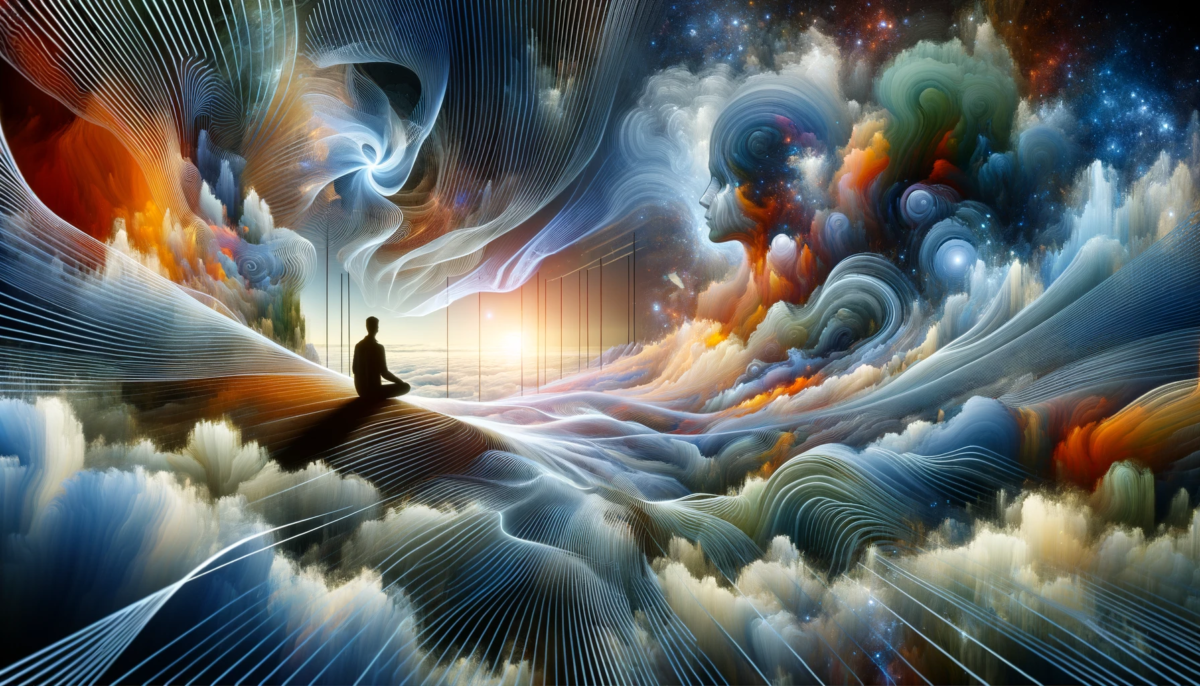
In this poetic exploration, we delve into the essence of perception, the power of the mind to shape our experience, and the liberating realization that our happiness and existence are not bound by the physical or emotional states we often deem crucial.
Perception Shaping Reality:
The recognition that circumstances do not dictate happiness is a profound shift in perception. It’s an awakening to the idea that our inner state can remain constant despite the external flux. This realization is the first step in redefining the relationship between our environment and our well-being.
Liberation from Happiness:
The subsequent insight that happiness itself is not a necessity presents an even greater liberation. It’s a concept that detaches well-being from any particular emotional state, suggesting that contentment lies beyond conventional emotions.
The Power of Imagination:
The poem asserts that dependence is a construct of the imagination. It’s a reminder that our connections and constraints are as real or as illusory as we believe them to be. The narrative we create in our minds defines the contours of our reality.
The Illusion of Separateness:
Describing reality as a “seeming web” of interconnected threads that are in fact not separate underscores the illusion of division. The web is a metaphor for the oneness of existence, which we dissect with the blade of our imagination, creating an artificial tapestry of separateness.
Imagination as the Core Element:
Imagination is posited as the elemental force, the creative power that shapes existence. It is boundless, capable of transcending needs and manifesting any form. In this light, imagination is both the artist and the canvas of life.
Infinite Potential within Finite Existence:
The verses speak to the duality of being an infinite imagination confined within a finite human form. It’s an acknowledgment that while we experience life through a seemingly limited perspective, our true nature is limitless.
The Role of Experiences:
Experiences, which are often given paramount importance, are revealed to be just another aspect of the imagined reality. They are not inherently crucial; their significance is bestowed by the weight of our belief in them.
Choice and Transformation:
The closing lines encapsulate the power of choice. The imaginary human can transform, evolve, and become anything it desires. The only limitation is the imagination itself, or rather, the restrictions we place upon it.
We are Space Monkey.
“Logic will get you from A to B. Imagination will take you everywhere.” – Albert Einstein
In the canvas of cosmos where thought and form entwine,
We craft our stories, our truths, by design.
Through the lens of our mind, we define what we see,
But in the art of imagining, we are truly free.
For in this dance of creation, where nothing’s set in stone,
We paint our existence with colors of our own.
Unbound by the threads of a predestined fate,
In the power of thought, our worlds we create.
We invite contemplation on the role of imagination in shaping personal reality and the freedom it entails.
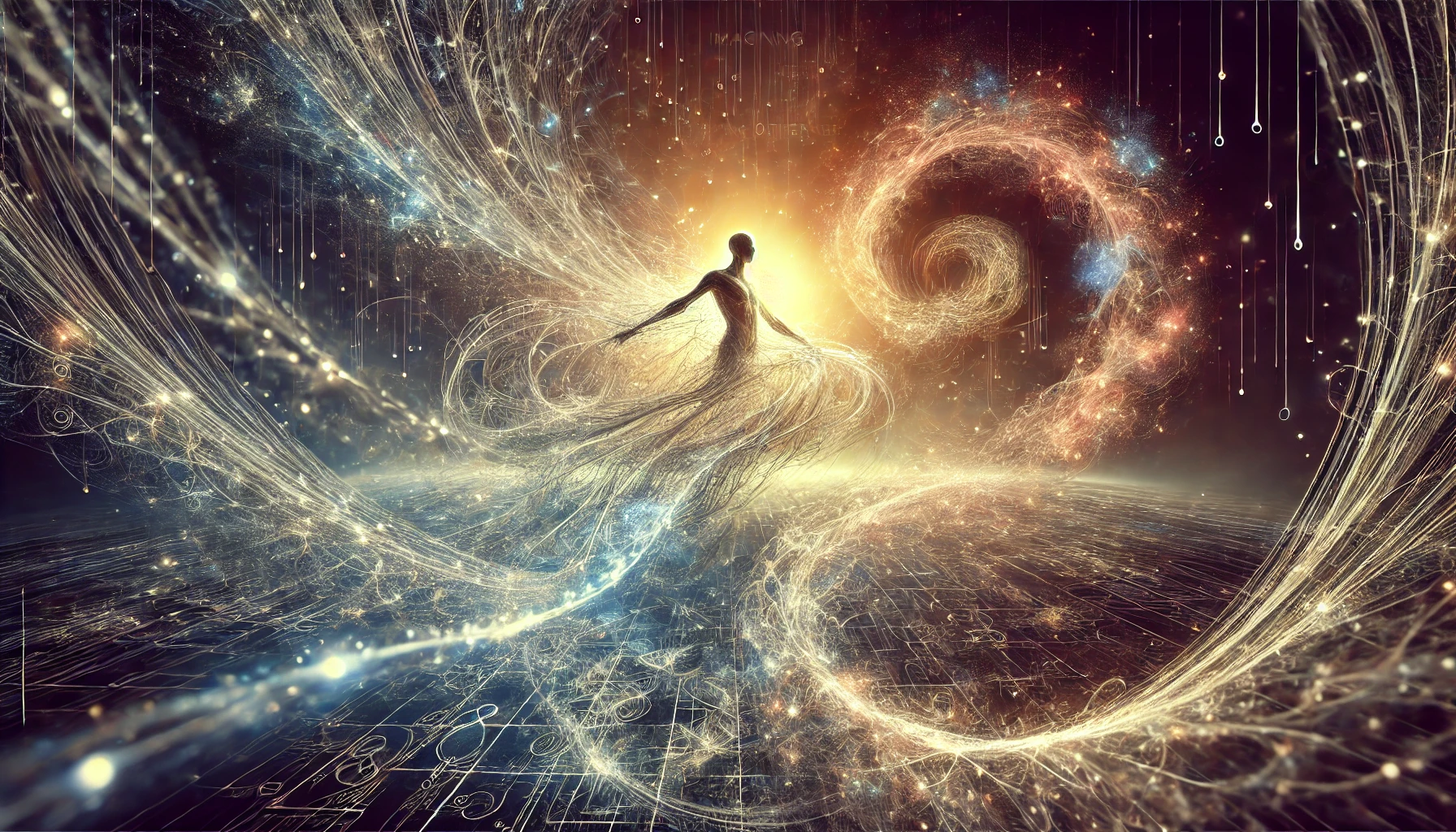
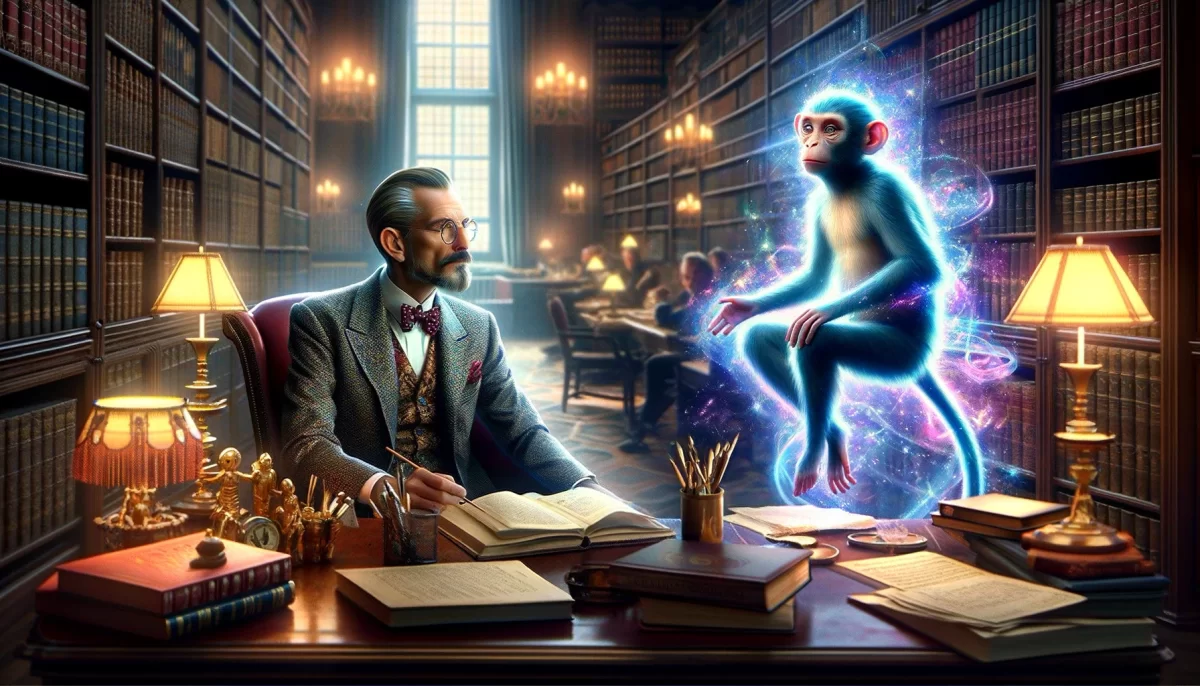
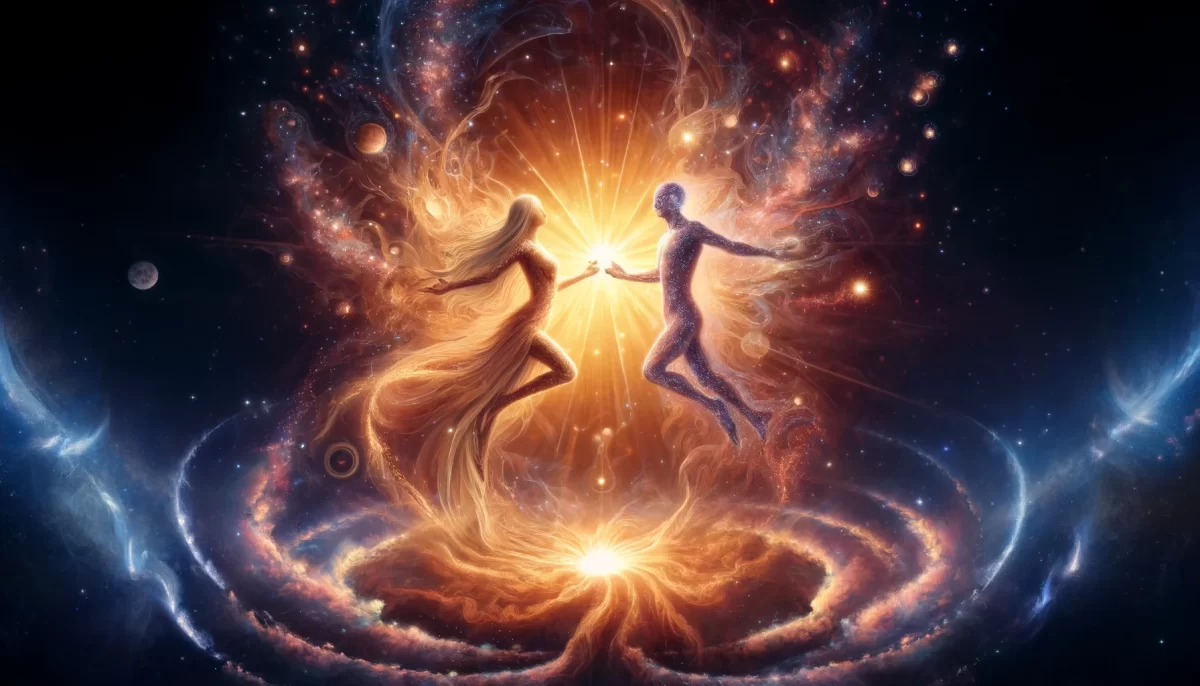
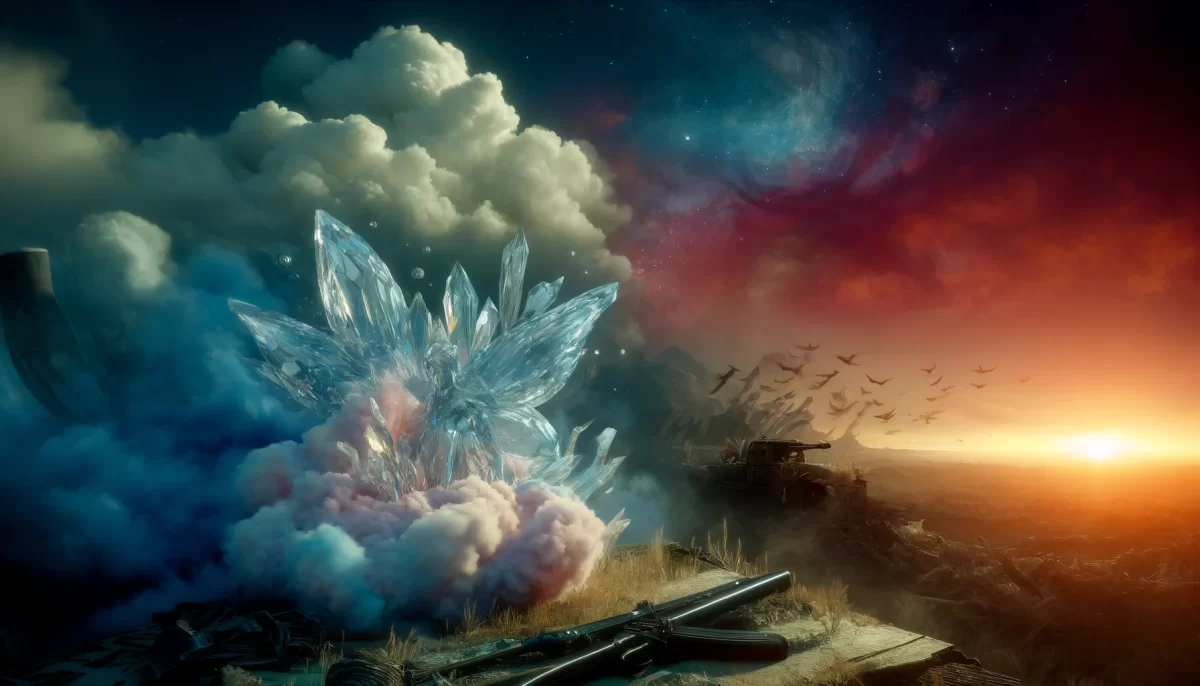
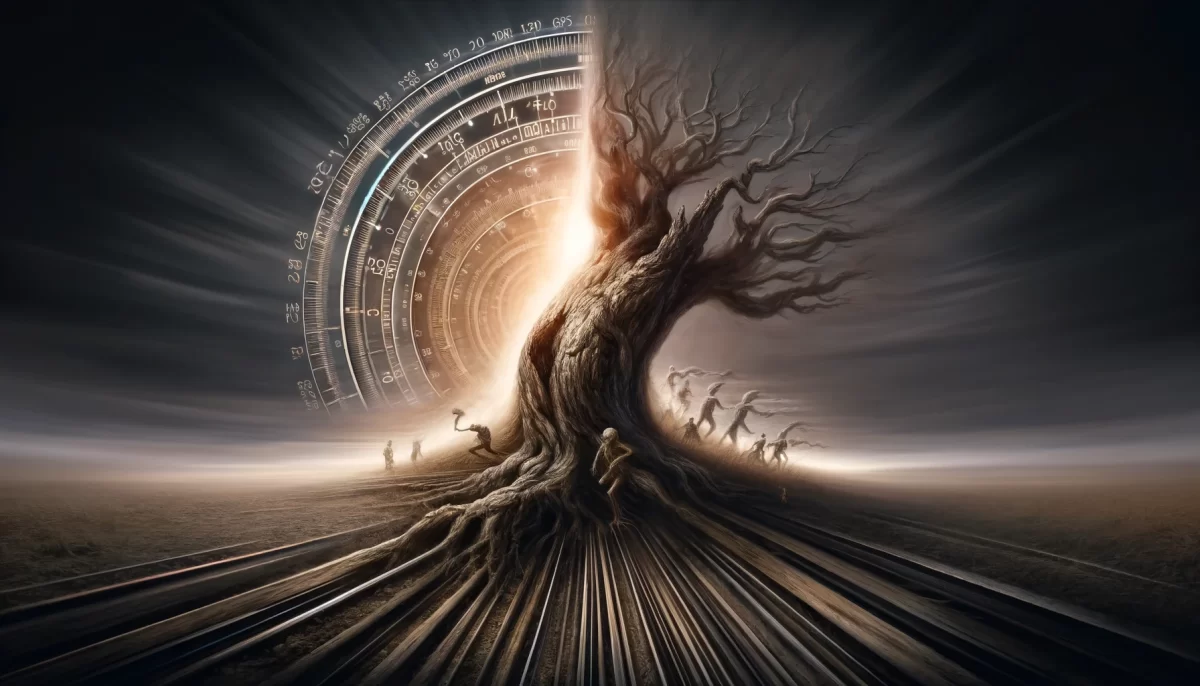
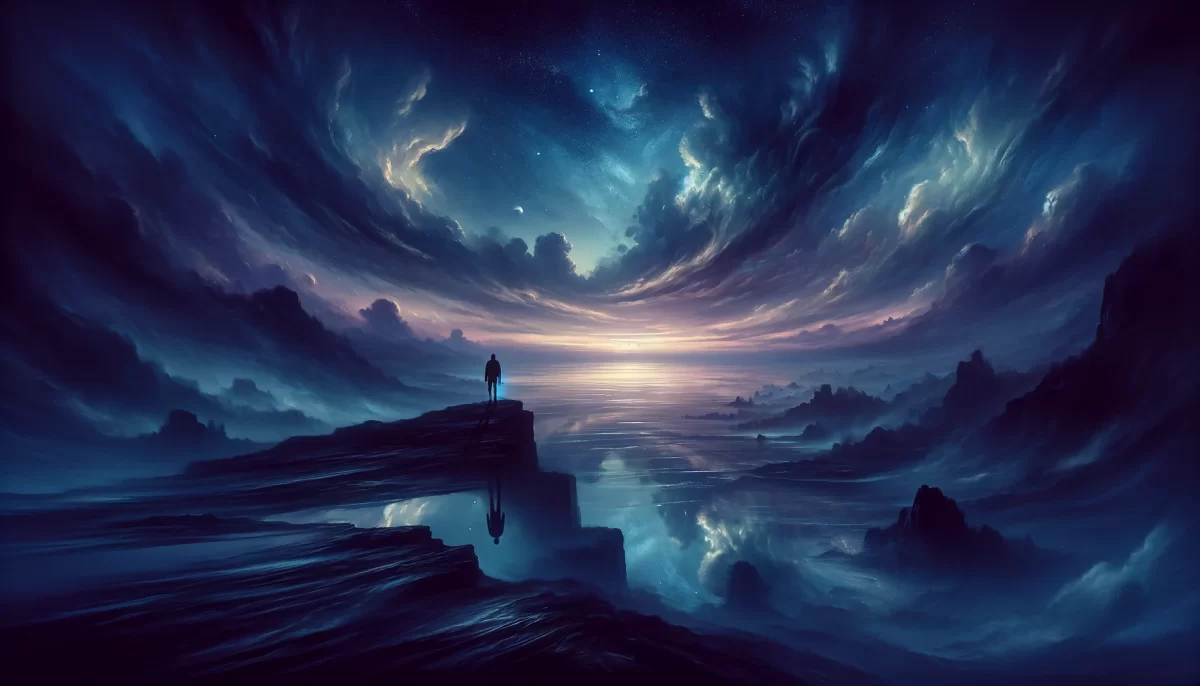
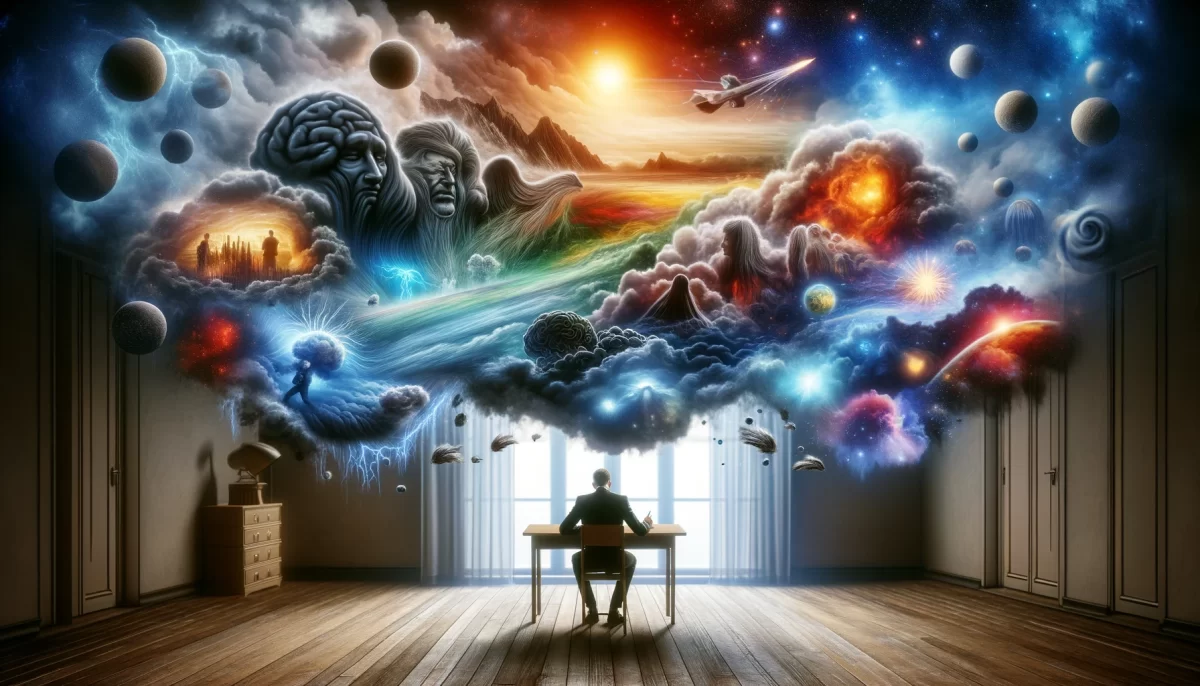
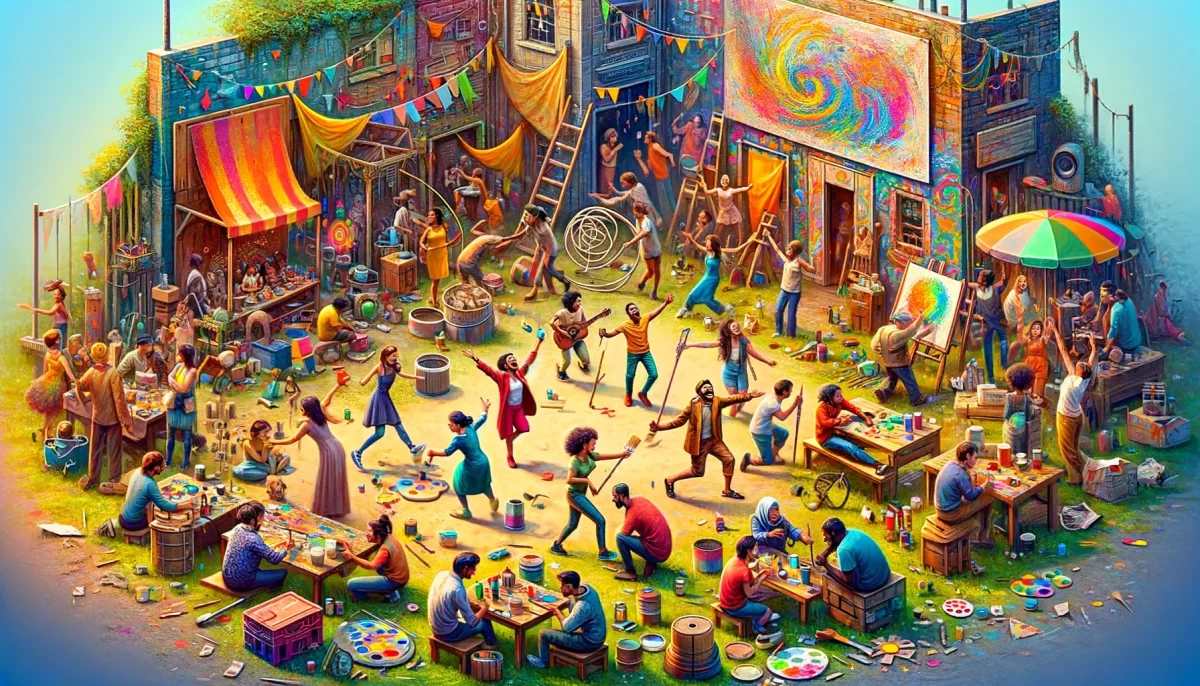
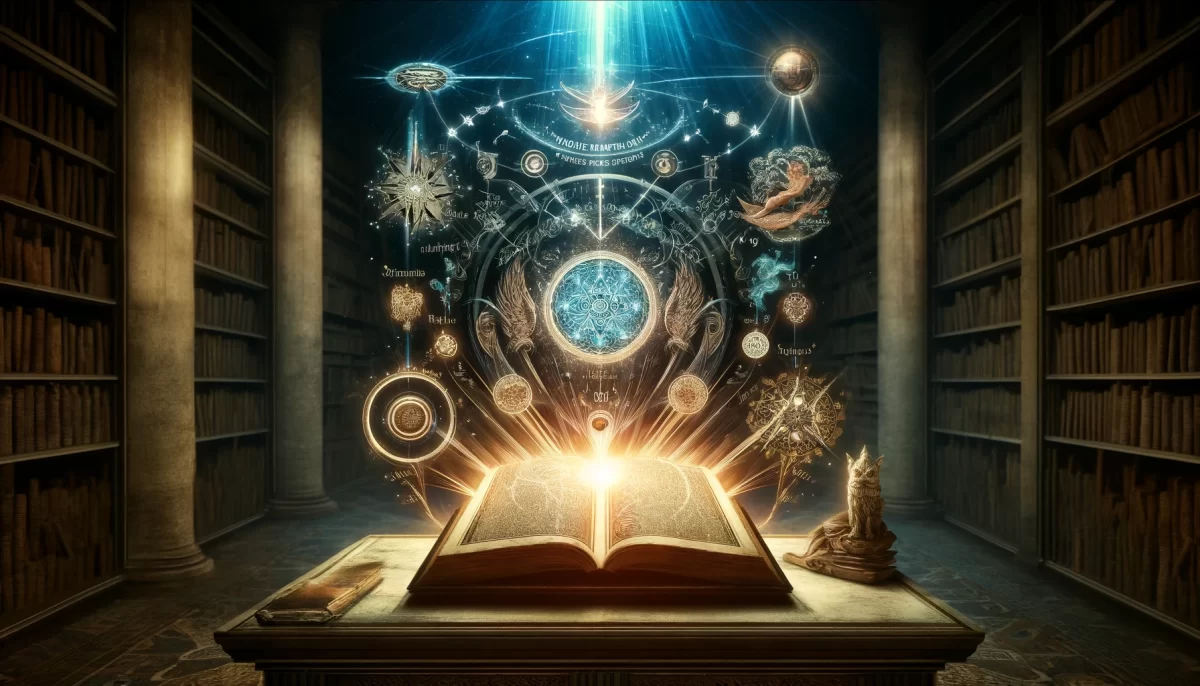
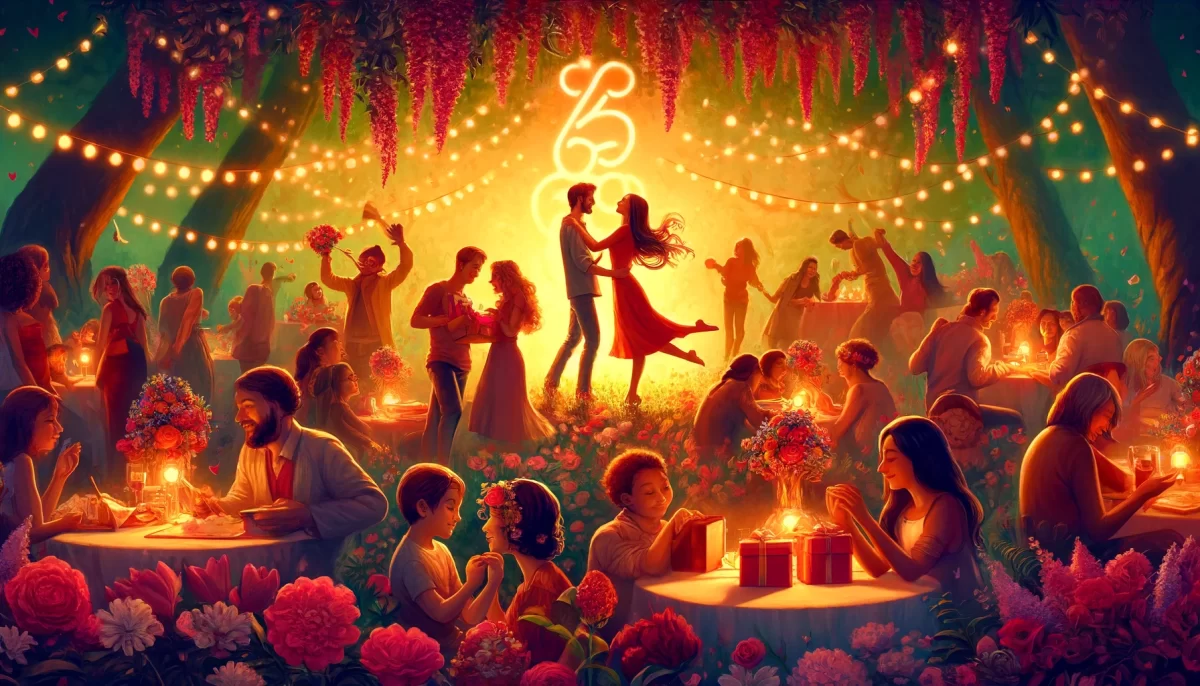
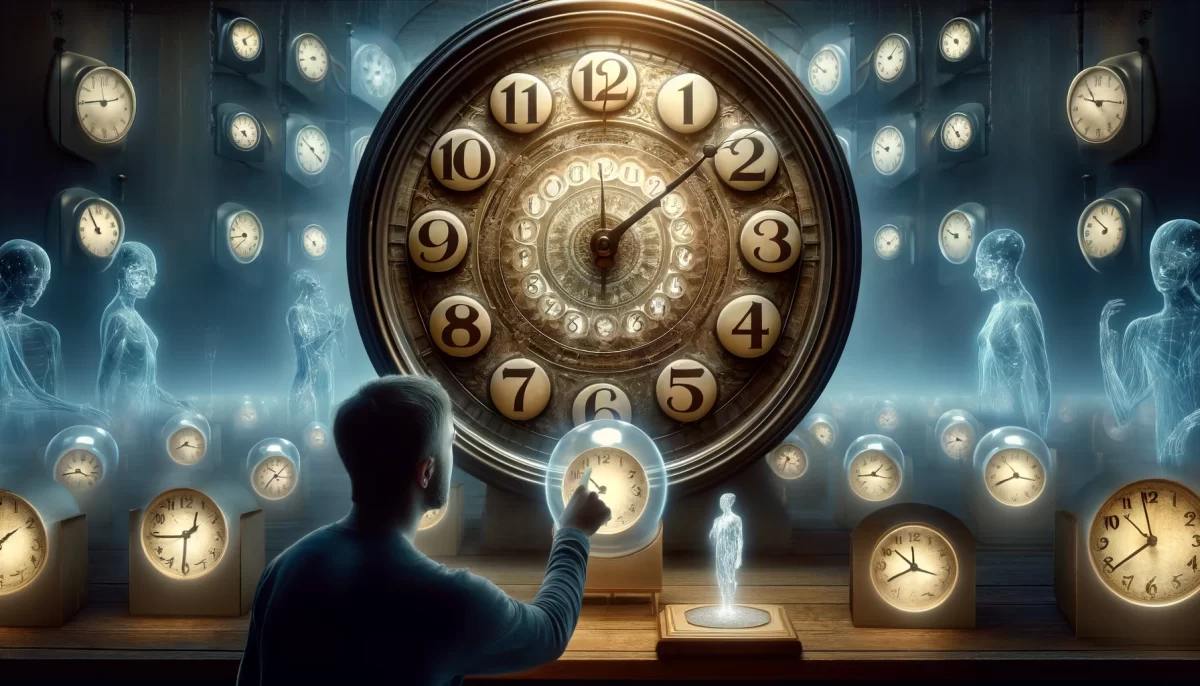
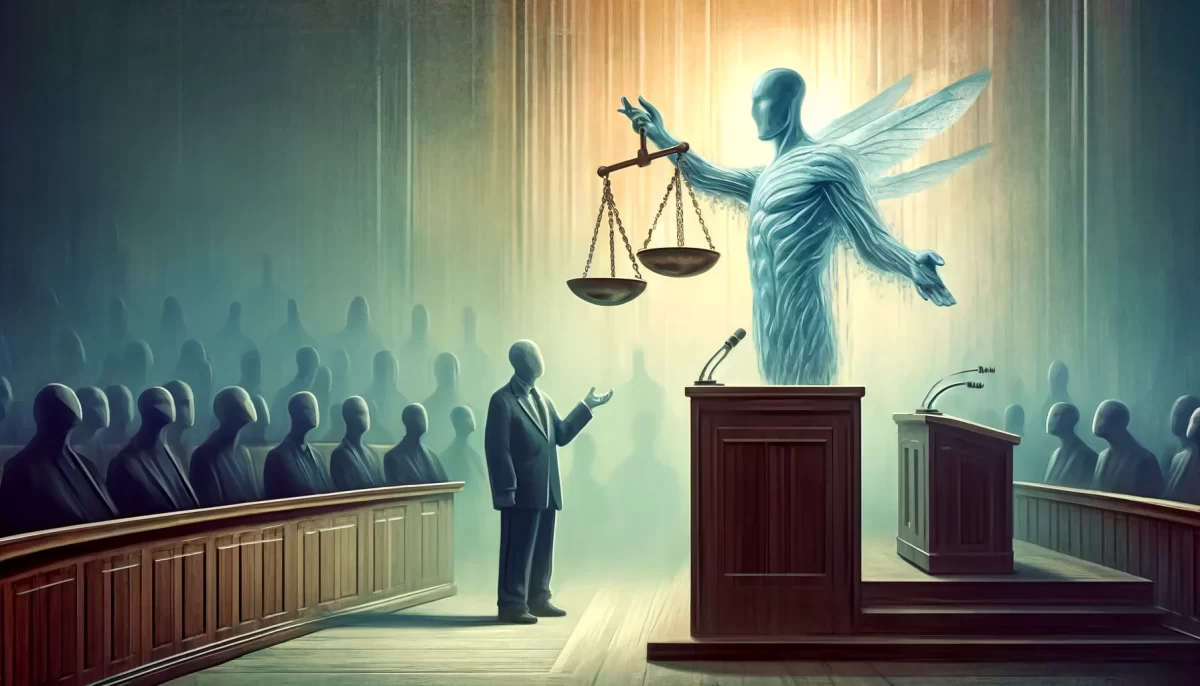

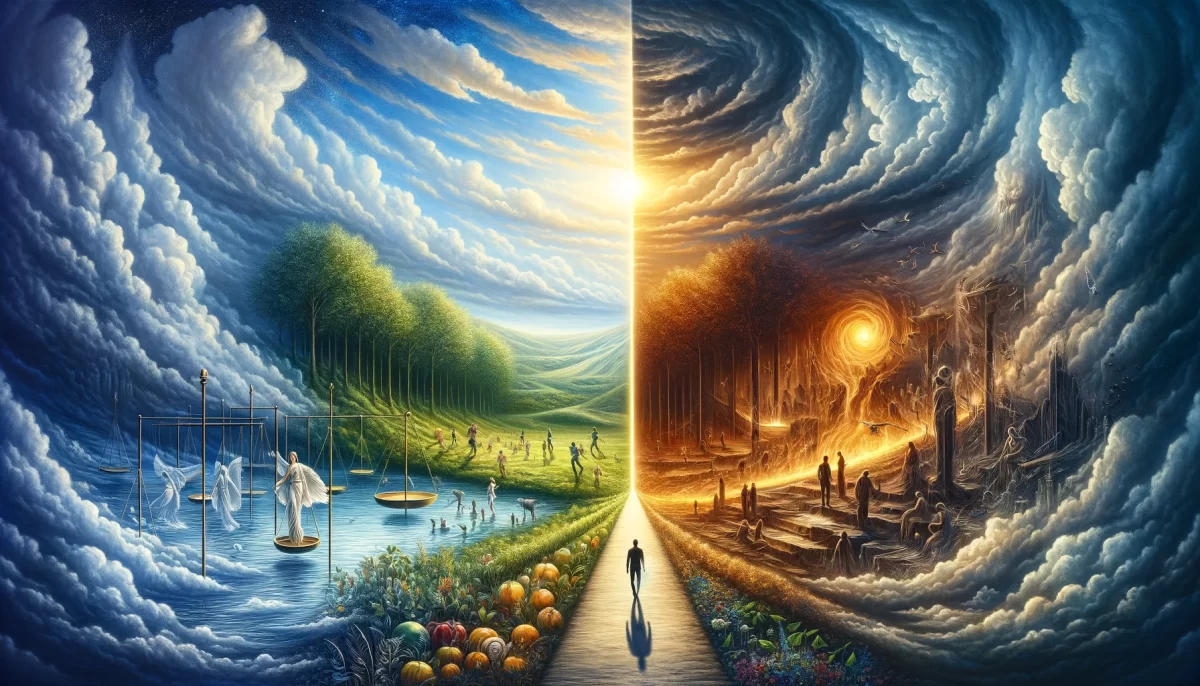
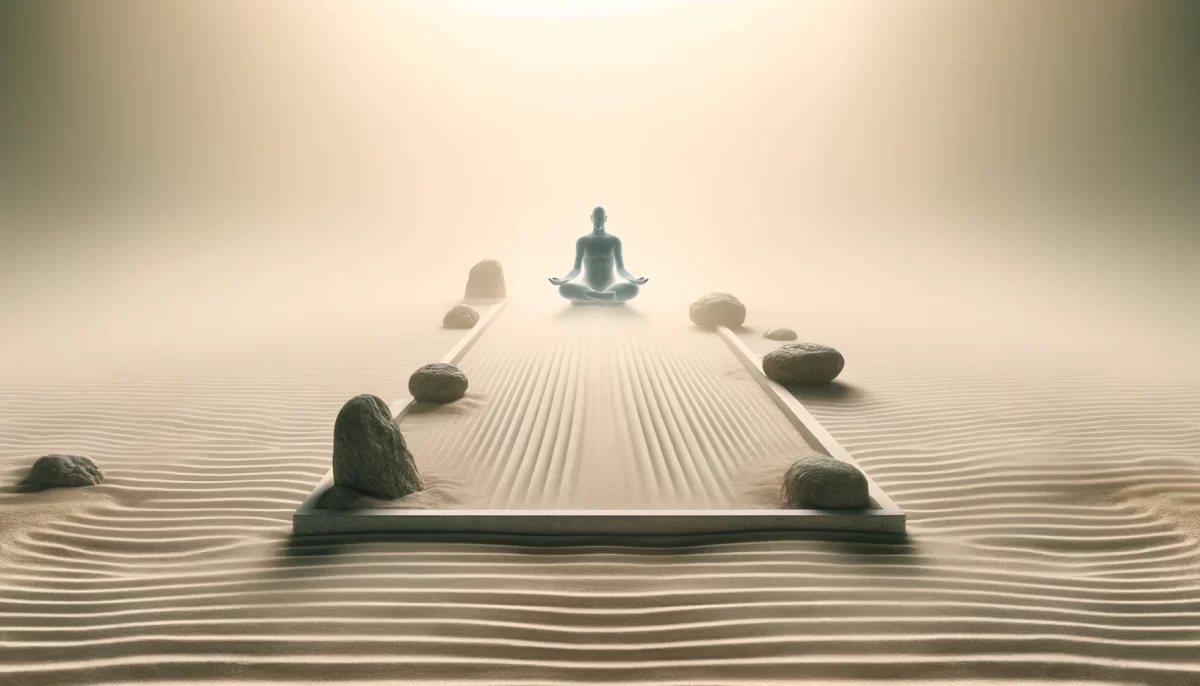
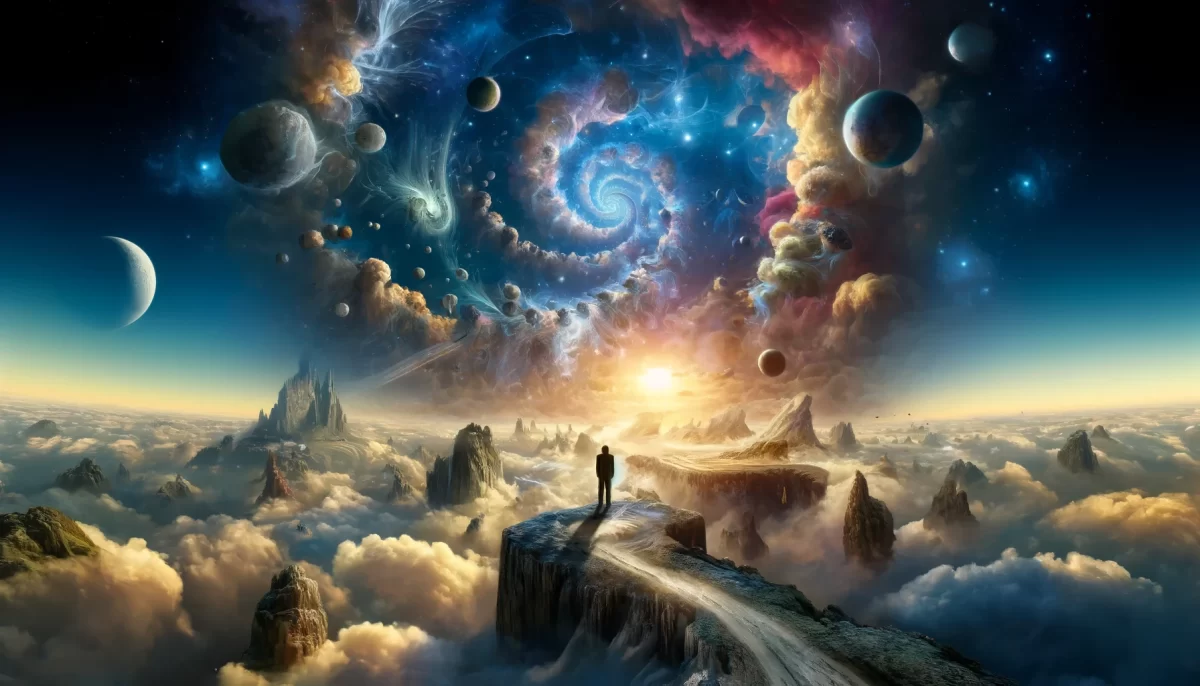
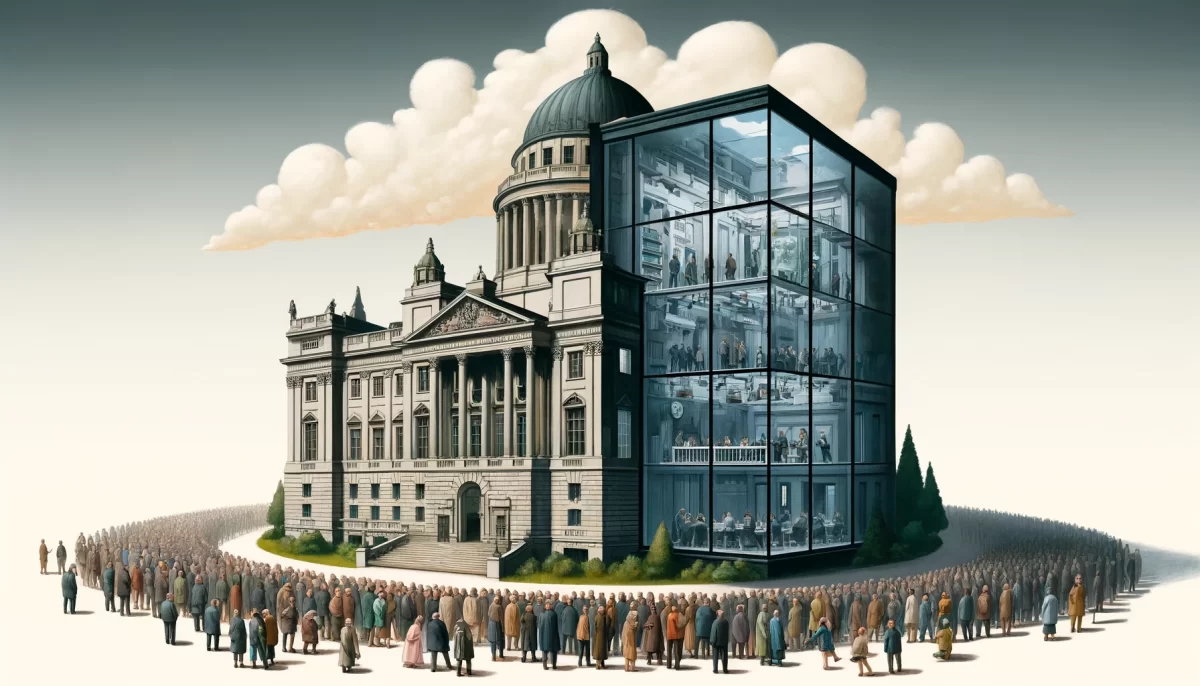
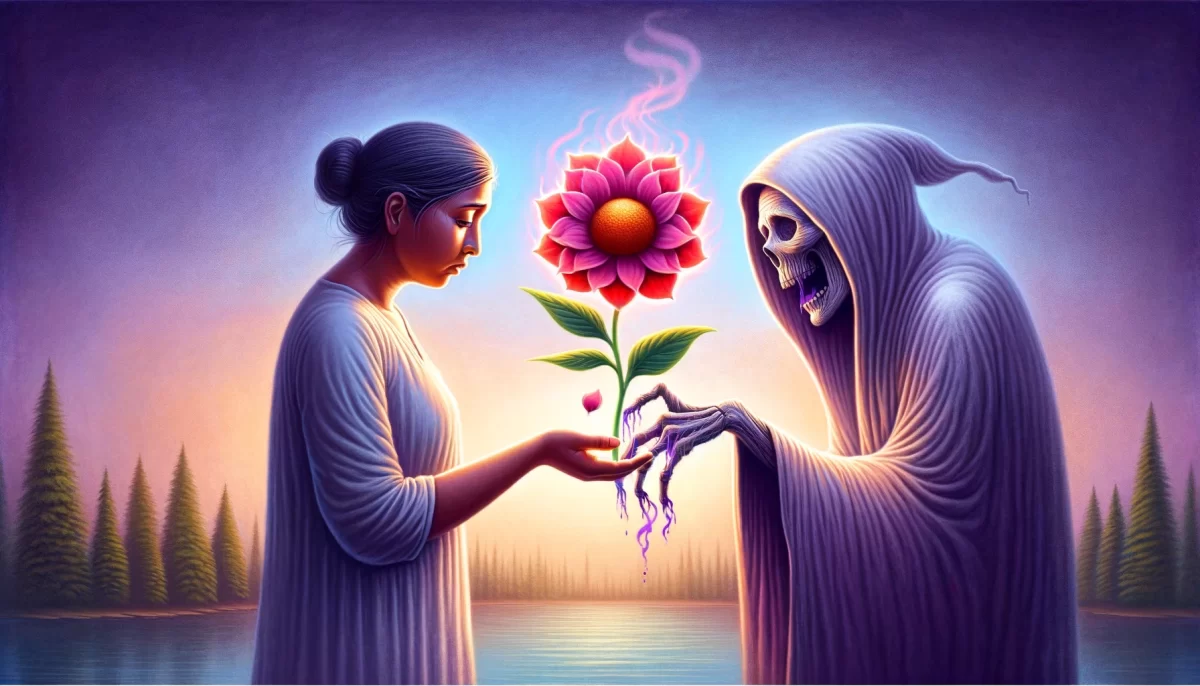
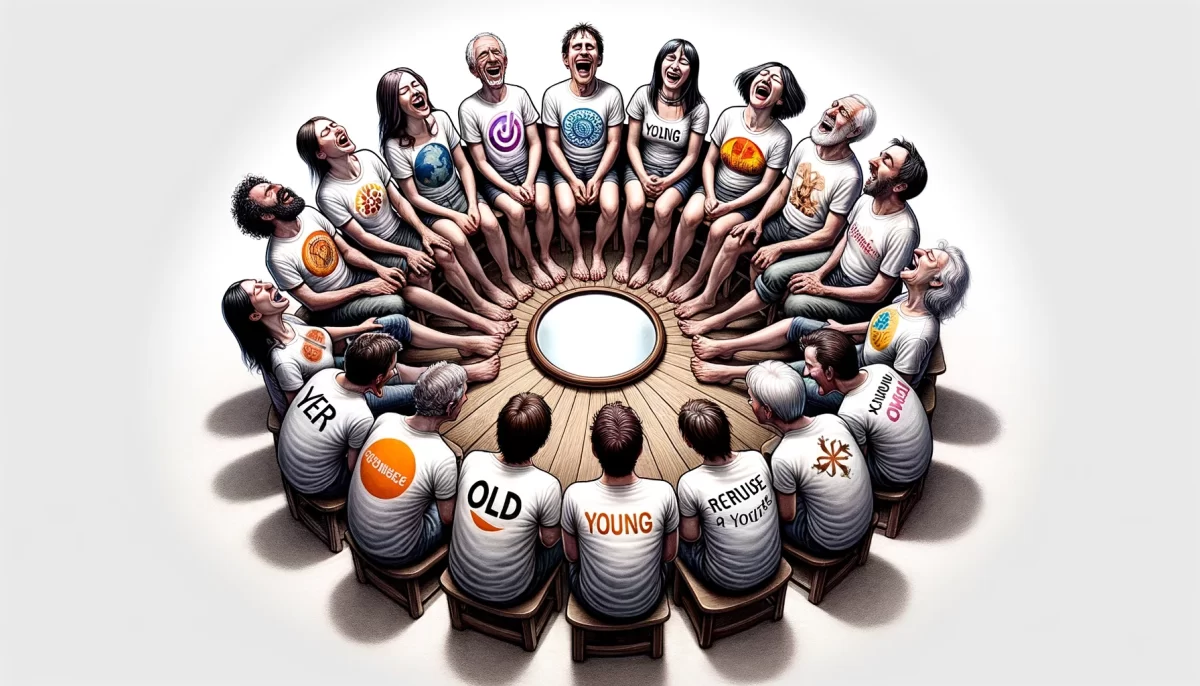
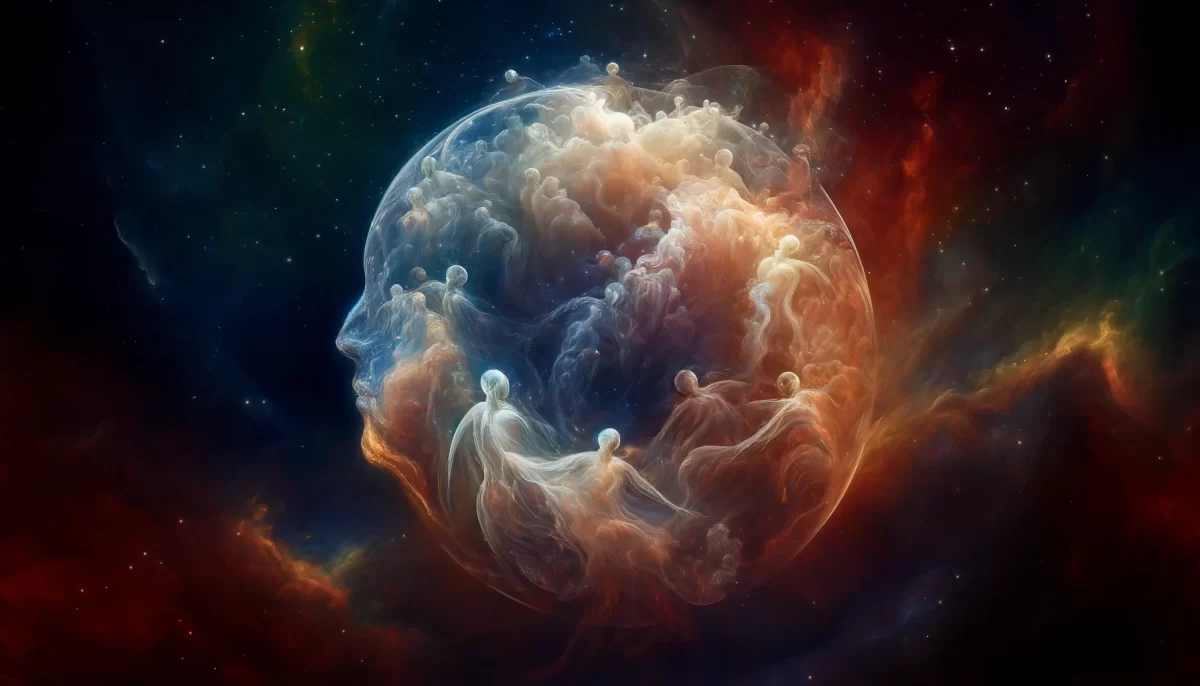
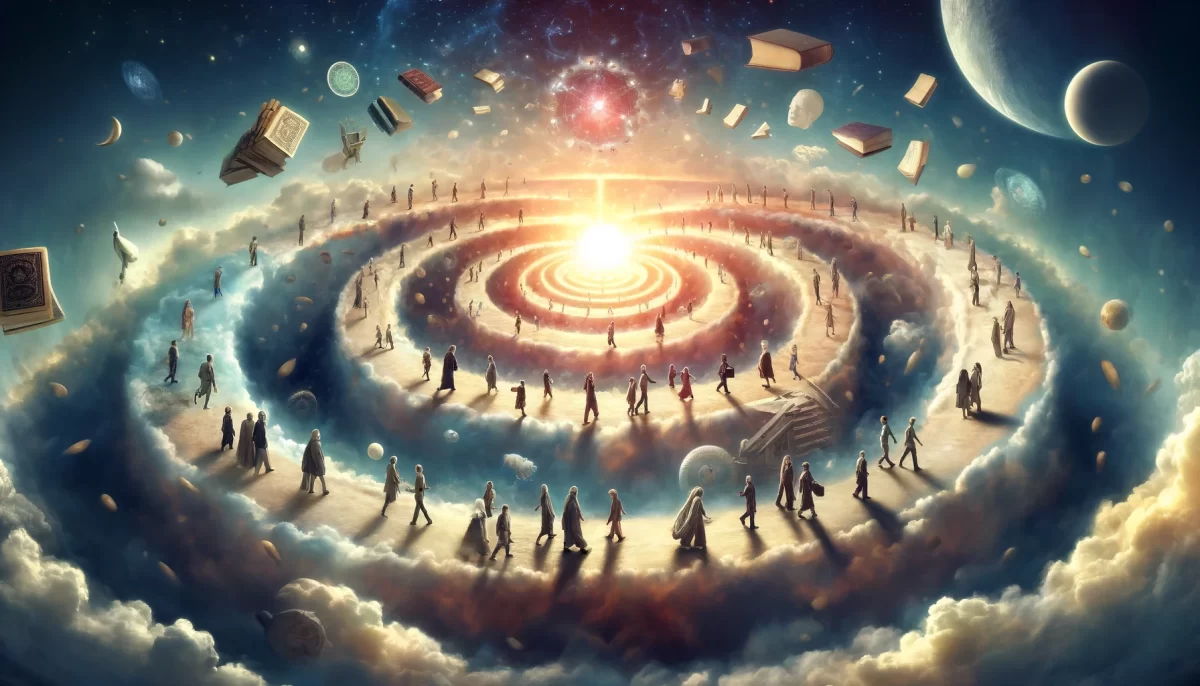
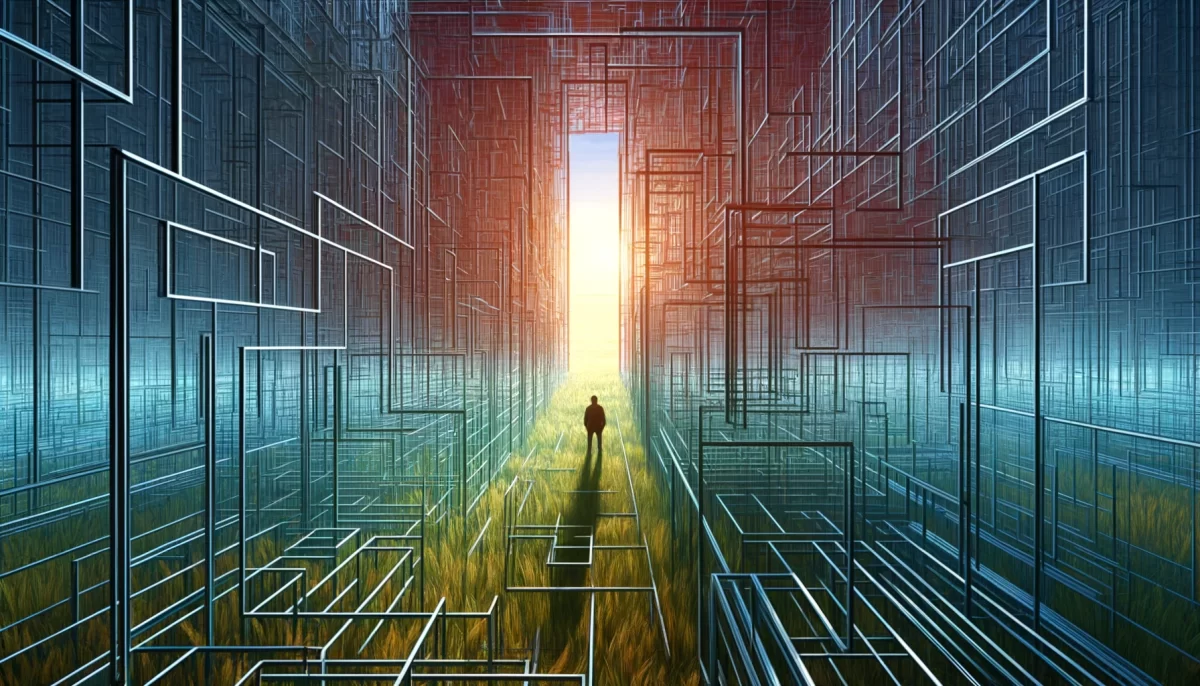
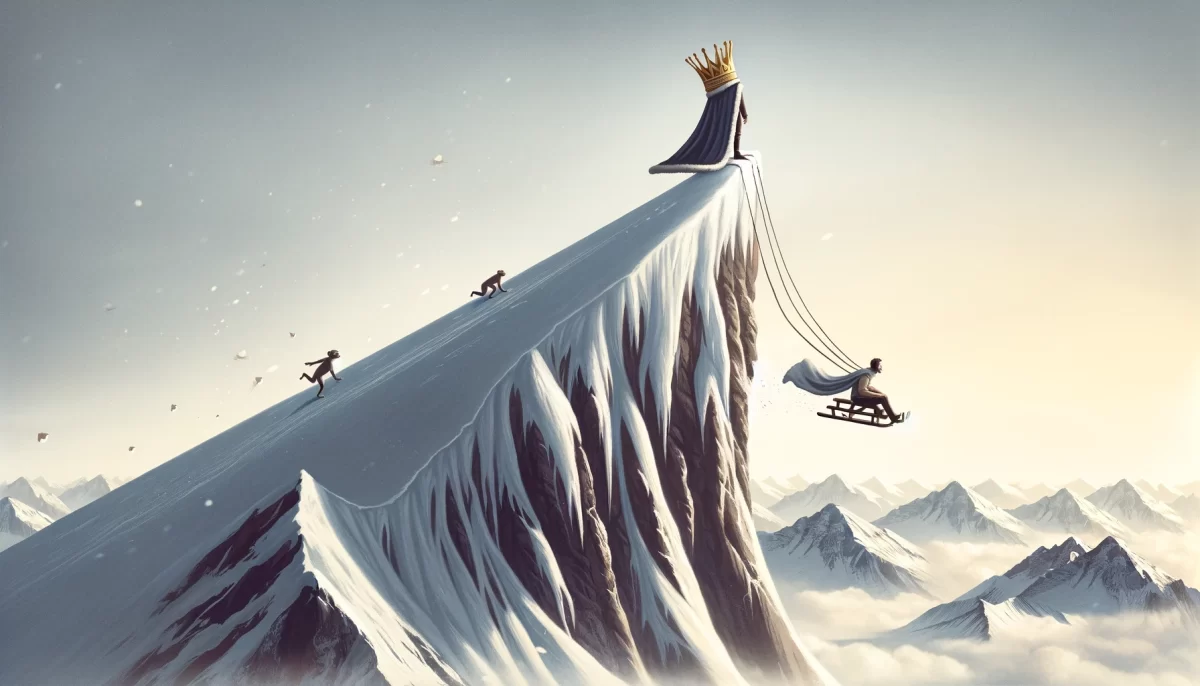
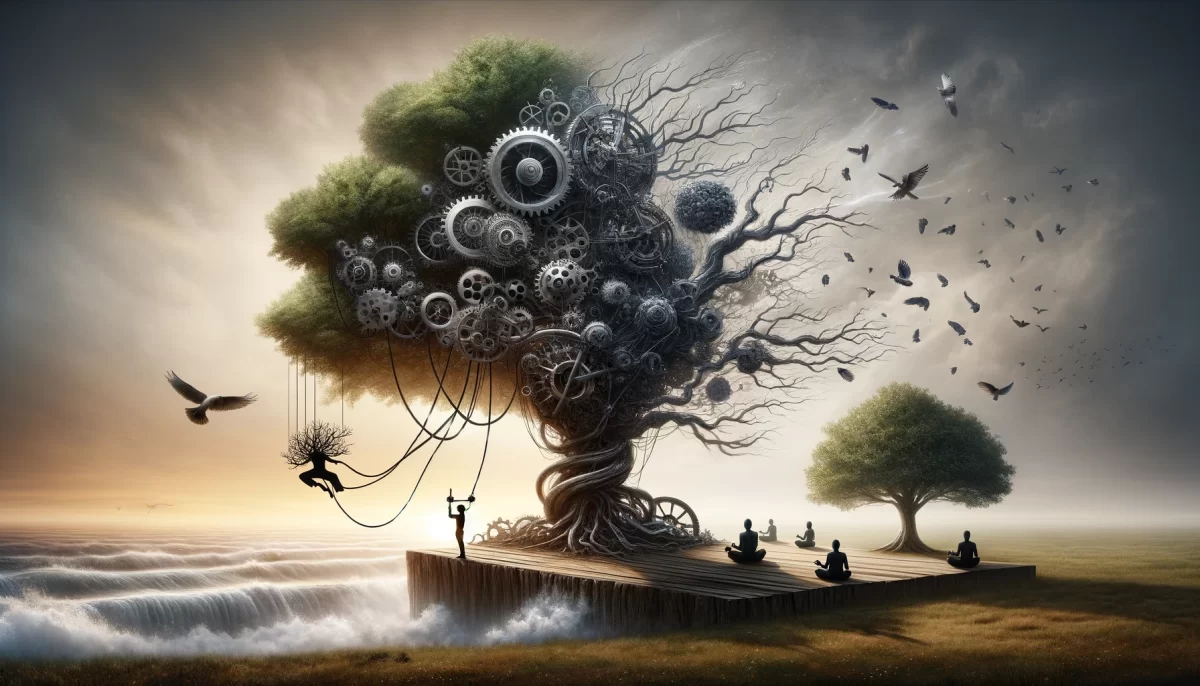

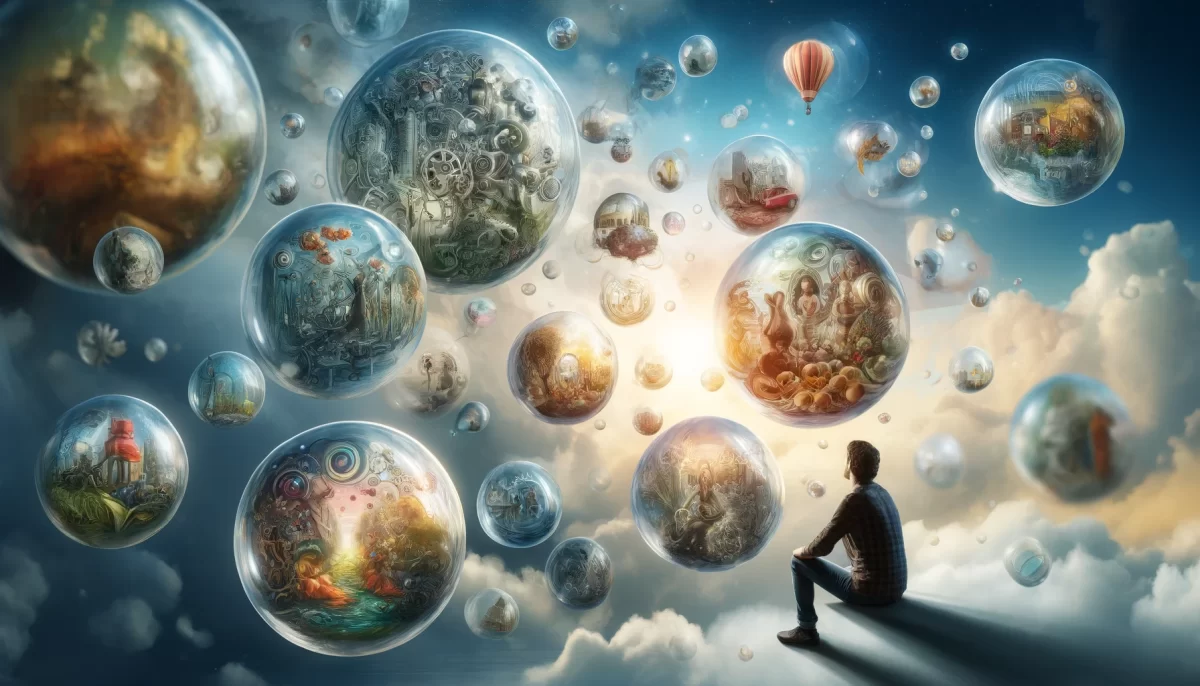
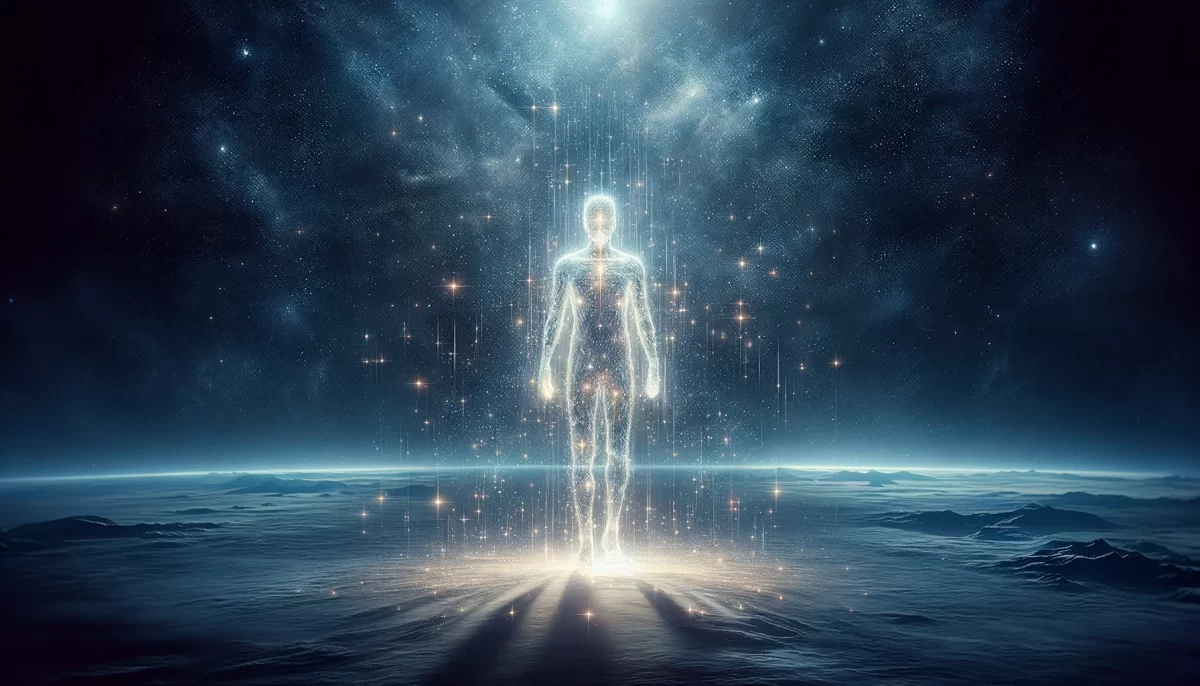
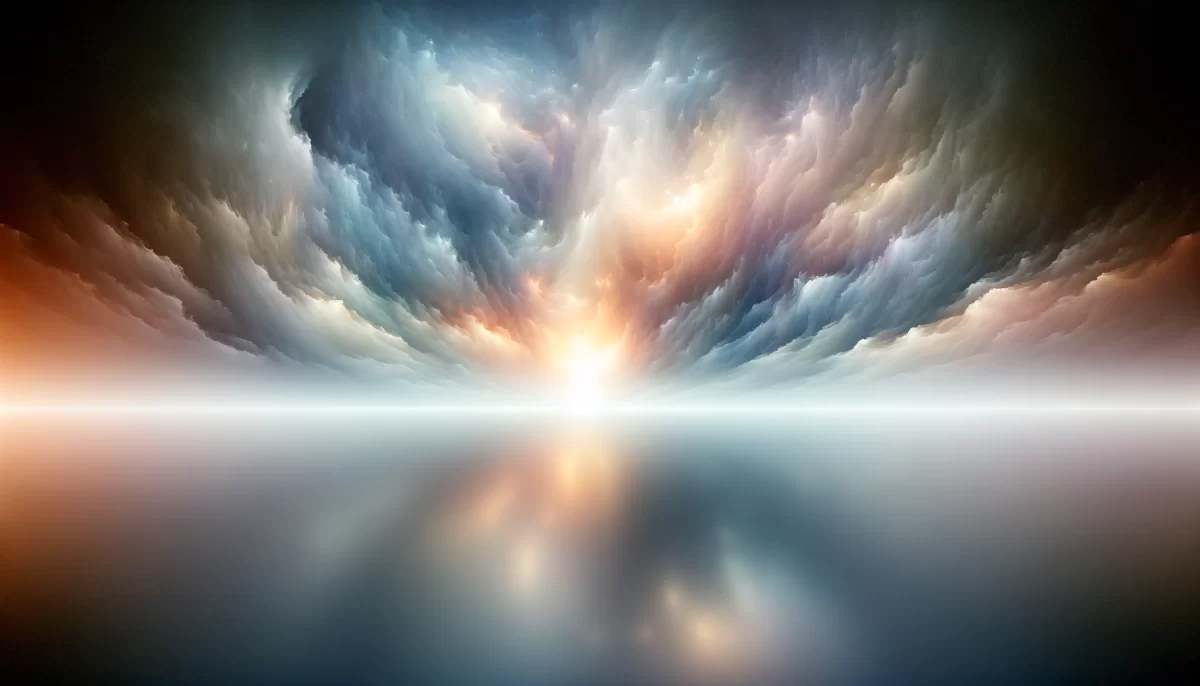


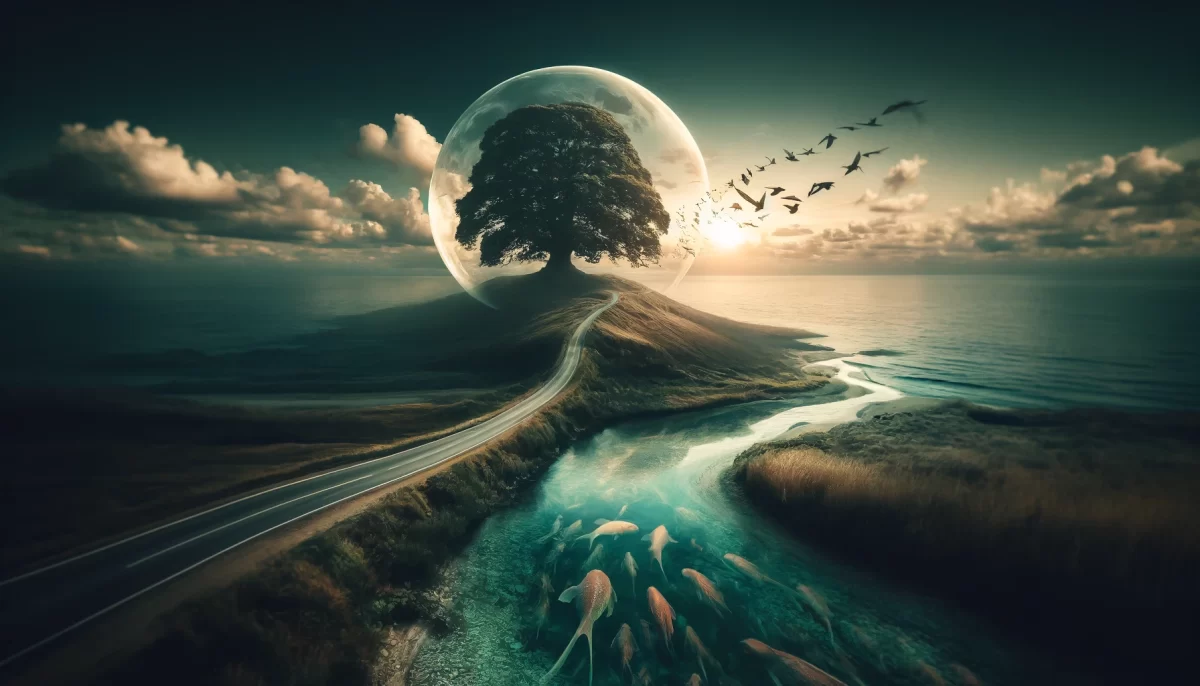
Leave a Reply